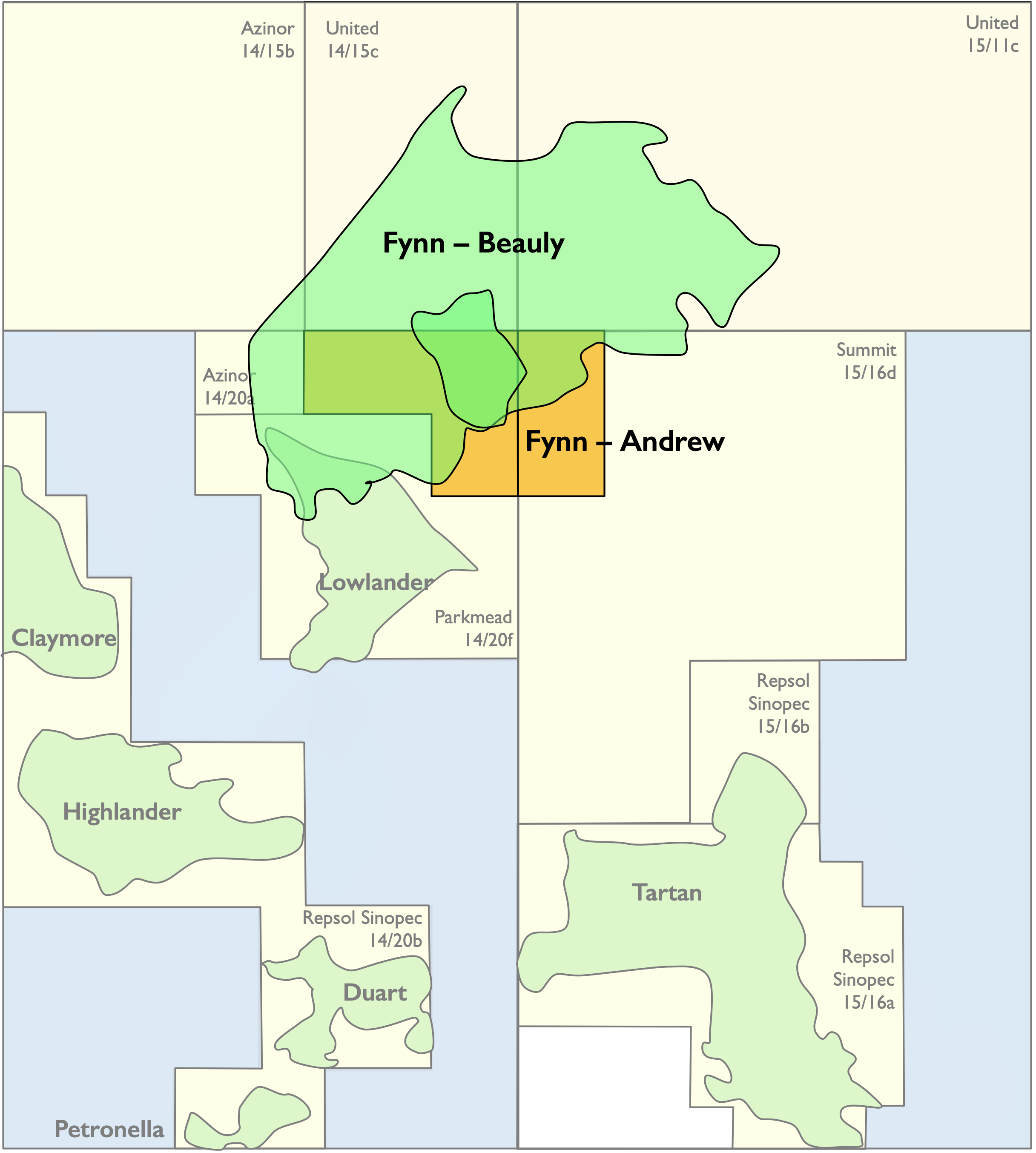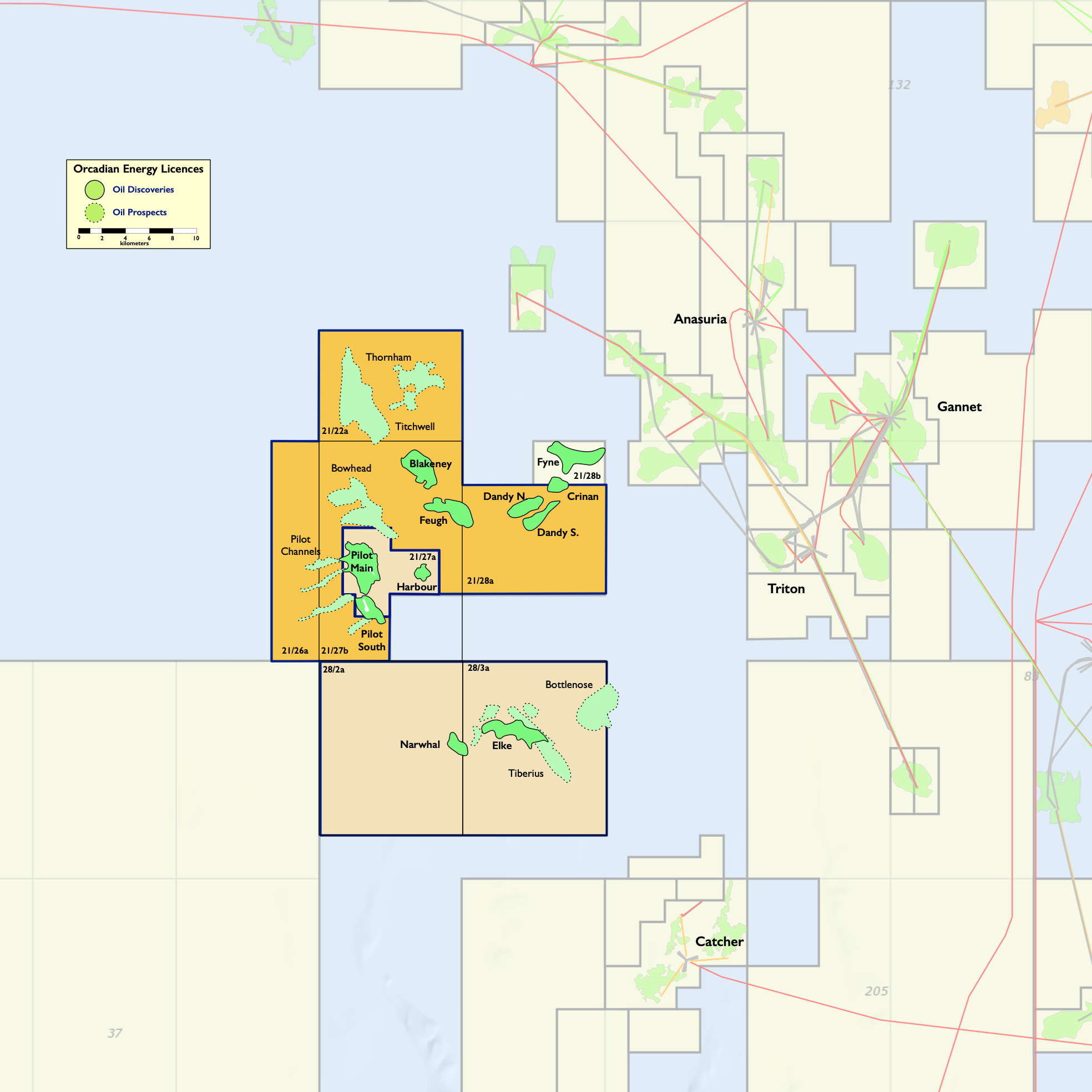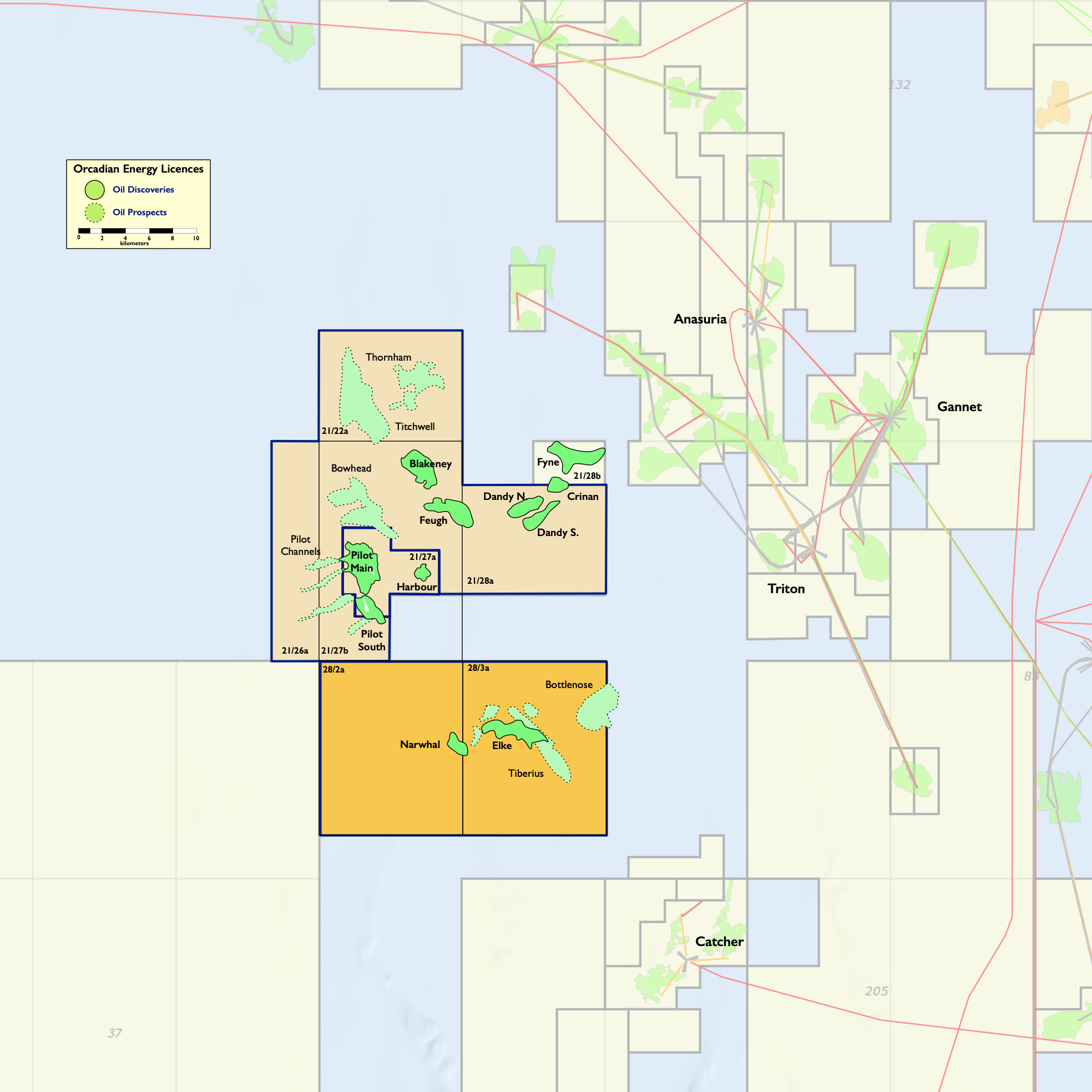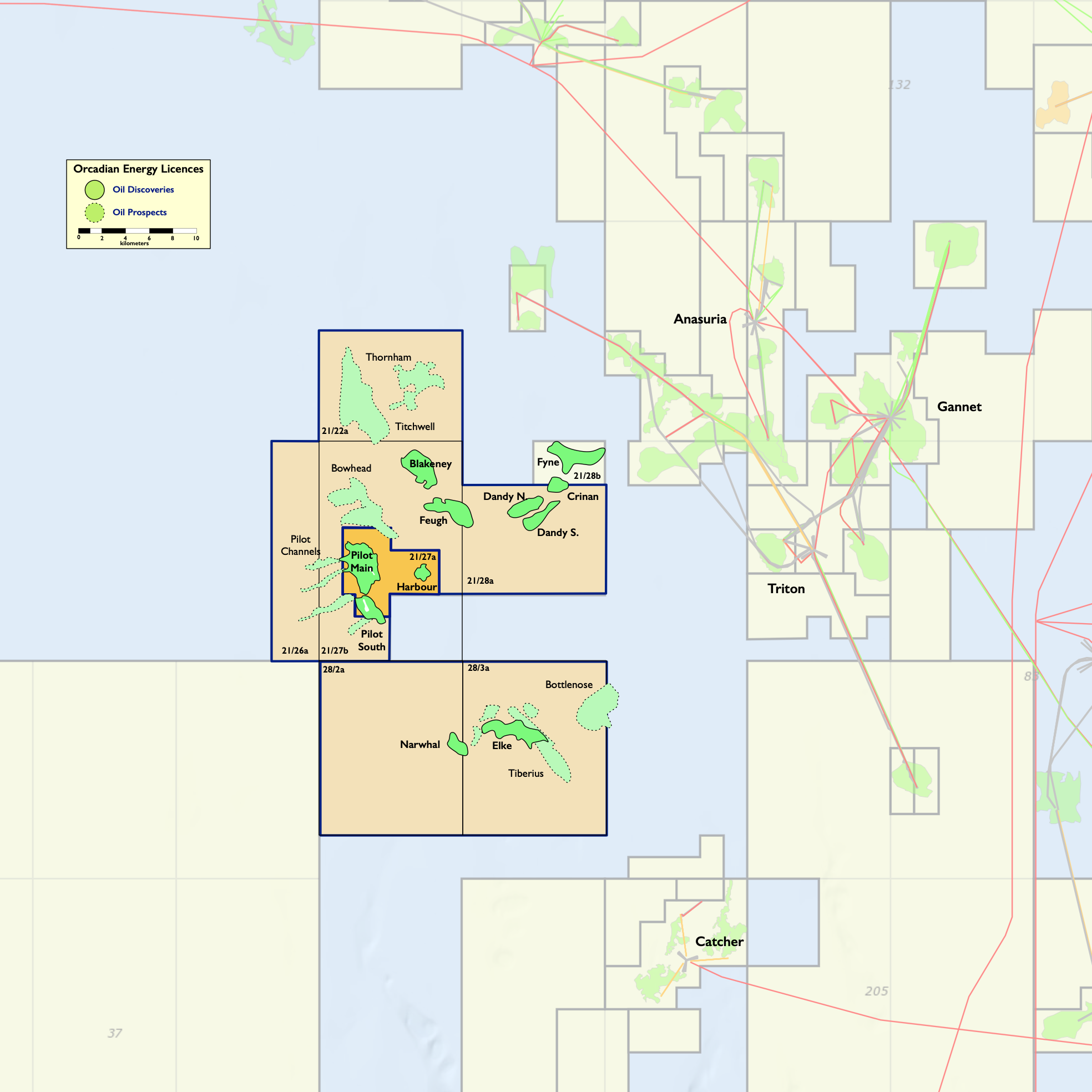17 January 2024
Orcadian Energy plc
(“Orcadian Energy”, “Orcadian” or the “Company”)
Result of General Meeting and Annual General Meeting
Orcadian Energy (AIM: ORCA), the low-emissions North Sea oil and gas development company, announces that at the Company’s General Meeting and Annual General Meeting held earlier today that all of the resolutions proposed in the Notice of Meeting were duly passed by a poll vote.
The total votes were cast on the poll vote at the General Meeting were as follows:
| Resolution | Total Shares Voted | Shares | % | Abstain | ||
| For | Against | For | Against | |||
| 1 | 46,078,771 | 46,041,901 | 36,870 | 99.92% | 0.08% | 2,500 |
Accordingly, shareholders have now approved the sale of an 81.25% interest in P2244, the Pilot field development project to Ping Petroleum UK plc.
The total votes were cast on the poll vote at the Annual General Meeting were as follows:
| Resolution | Total Shares Voted | Shares | % | Abstain | ||
| For | Against | For | Against | |||
| 1 | 46,106,800 | 46,106,800 | 0 | 100.00% | 0.00% | 0 |
| 2 | 46,106,800 | 46,074,372 | 32,428 | 99.93% | 0.07% | 0 |
| 3 | 46,106,800 | 46,074,372 | 32,428 | 99.93% | 0.07% | 0 |
| 4 | 46,106,800 | 46,074,372 | 32,428 | 99.93% | 0.07% | 0 |
| 5 | 46,106,800 | 46,023,346 | 83,454 | 99.82% | 0.18% | 0 |
| 6 (Special) | 46,106,800 | 46,023,346 | 83,454 | 99.82% | 0.18% | 0 |
For further information on the Company please visit the Company’s website: https://orcadian.energy
Contact:
|
Orcadian Energy plc |
+ 44 20 7920 3150 |
|
Steve Brown, CEO Alan Hume, CFO |
|
| WH Ireland (Nomad and Joint Broker) | +44 20 7220 1666 |
|
Katy Mitchell / Andrew de Andrade (Nomad) Harry Ansell / Fraser Marshall (Corporate Broking)
|
|
| Tavistock (PR) | + 44 20 7920 3150 |
| Nick Elwes / Simon Hudson | [email protected] |
About Orcadian Energy
Orcadian is a North Sea focused, low emissions, oil and gas development company. In planning its Pilot development, Orcadian has selected wind power to transform oil production into a cleaner and greener process. The Pilot project is moving towards approval and will be amongst the lowest carbon emitting oil production facilities in the world, despite being a viscous crude. Orcadian may be a small operator, but it is also nimble, and the Directors believe it has grasped opportunities that have eluded some of the much bigger companies. As we strike a balance between Net Zero and a sustainable energy supply, Orcadian intends to play its part to minimise the cost of Net Zero and to deliver reliable energy to the UK.
Orcadian Energy (CNS) Ltd, Orcadian’s operating subsidiary, was founded in 2014 and is the sole licensee of P2244, which contains 78.0 MMbbl of 2P Reserves in the Pilot discovery, and of P2482, which contain a further 52.2 MMbbl of 2C Contingent Resources in the Elke and Narwhal discoveries (as audited by Sproule, with both numbers modified to take into account the TGS royalty, see the CPR in the Company’s Admission Document for more details). Within these licences there are also 118 MMbbl of unrisked Prospective Resources (modified for TGS royalty). These licences are in blocks 21/27a, 28/2a and 28/3a, and lie 150 kms due East of Aberdeen.
Pilot, which is the field with the largest reserves in Orcadian’s portfolio, was discovered by PetroFina in 1989 and has been well appraised. In total five wells and two sidetracks were drilled on Pilot, including a relatively short horizontal well which produced over 1,800 bbls/day on test. Orcadian’s proposed low emissions, field development plan for Pilot is based upon a Floating Production Storage and Offloading vessel (FPSO), with over thirty wells to be drilled by a Jack-up rig and provision of power from a floating wind turbine.
Orcadian has entered into a conditional sale and purchase agreement with Ping Petroleum UK plc (“Ping”) which details the terms under which Ping will farm-in to the Pilot development project. Upon conclusion of this deal Orcadian would have an 18.75% stake in the Pilot development with all pre-first oil development costs paid by Ping.
Emissions per barrel produced are expected to be about a tenth of the 2021 North Sea average, and less than half of the lowest emitting oil facility currently operating on the UKCS. On a global basis this places the Pilot field emissions at the low end of the lowest 5% of global oil production.




